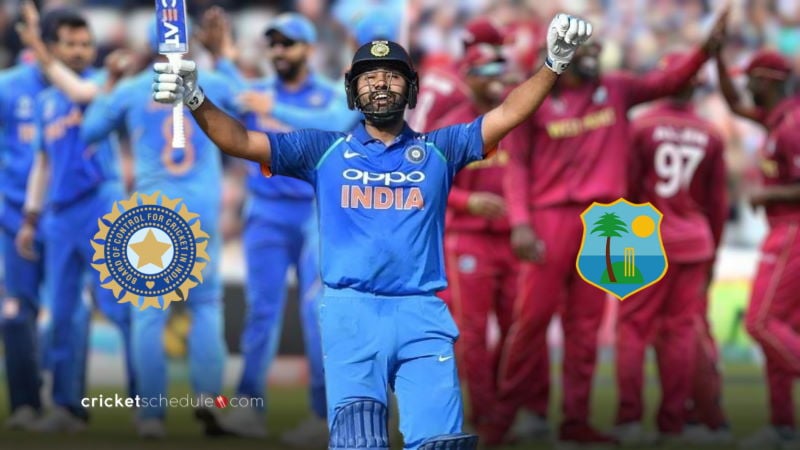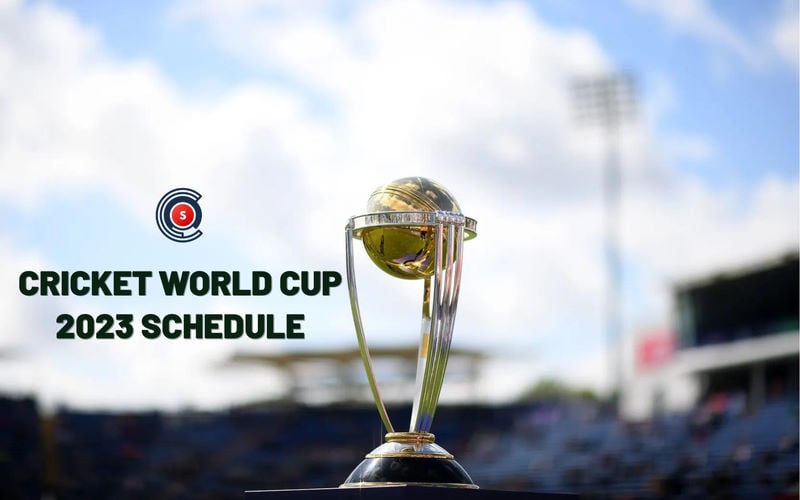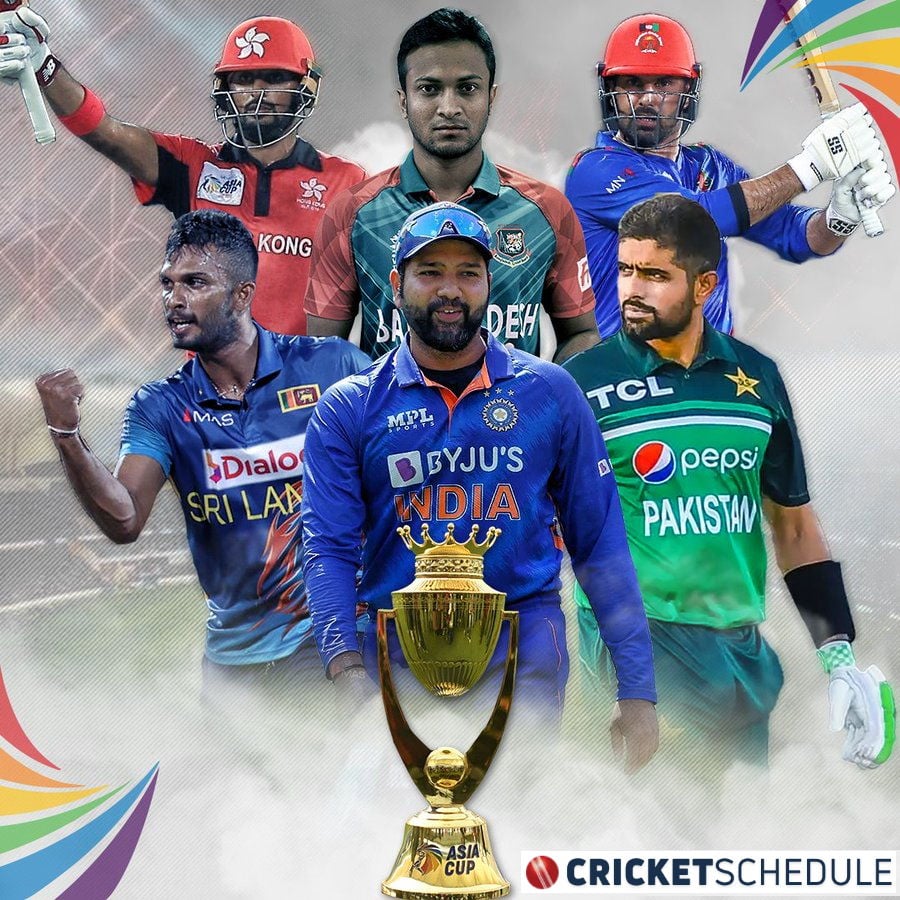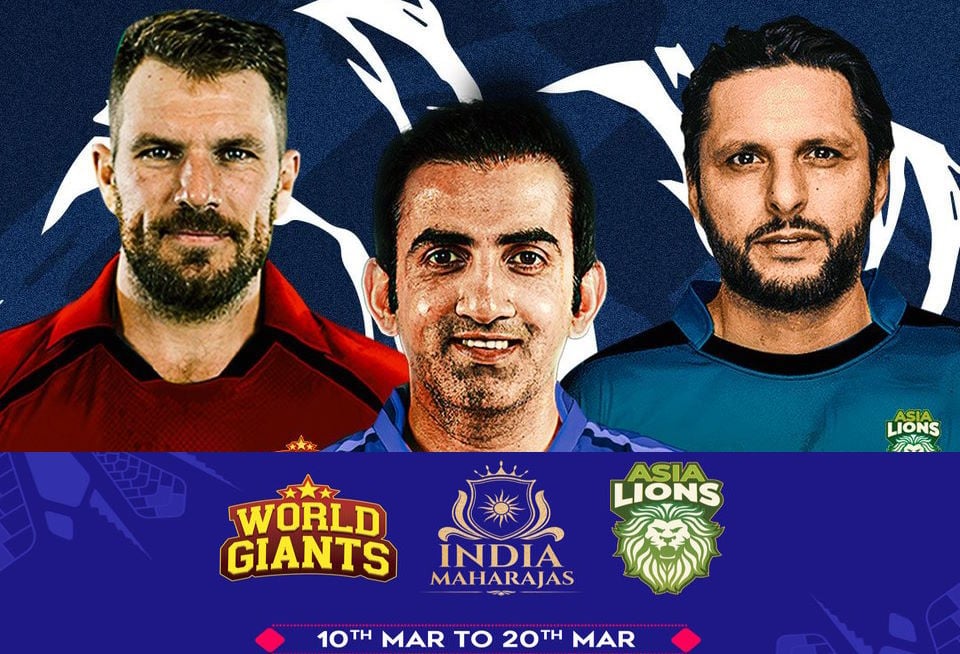
England’s white-ball captain Jos Buttler has dismissed calls to boycott the upcoming ICC Champions Trophy clash against Afghanistan, stating that a boycott is not the appropriate approach to addressing political and humanitarian concerns. The match, scheduled for February 26 in Lahore, has sparked significant political debate over the treatment of women in Afghanistan under Taliban rule.
The controversy began with a letter from Labour MP Tonia Antoniazzi to ECB Chief Executive Richard Gould, signed by over 160 British politicians. The letter highlighted the “sex apartheid” and “insidious dystopia” faced by Afghan women, including the effective ban on female participation in sports since 2021. Antoniazzi urged England’s players to take a stand by boycotting the match, suggesting it would send a strong message against these abuses.
ALSO READ
In response, Gould rejected the idea of a boycott, emphasizing the need for a coordinated response led by the International Cricket Council (ICC). His stance has been supported by UK Prime Minister Keir Starmer, who called on the ICC to enforce its regulations, and by Lisa Nandy, the UK’s sport and culture secretary, who argued that boycotts are “counterproductive.”
Speaking in Kolkata ahead of England’s T20I series against India, Buttler expressed confidence that the match would proceed as planned, reiterating his belief in relying on expert advice.
“Political situations like this, as a player, you’re trying to be as informed as you can be,” Buttler stated. “I’ve been staying in dialogue with Rob Key [ECB men’s managing director] and others to understand their perspective. I don’t think a boycott is the way to go about it.”
Buttler noted the importance of separating politics from sport, adding, “As a player, you don’t want political situations to affect sport. We hope to go to the Champions Trophy, play that game, and have a really good tournament.”
The situation has drawn comparisons to England’s dilemma during the 2003 Cricket World Cup, when the team faced pressure to boycott a match against Zimbabwe under Robert Mugabe’s leadership. That decision, left to the players, ultimately resulted in a points forfeiture that ended England’s tournament hopes. Buttler expressed optimism that his team would not face similar pressure this time.
“The players haven’t really worried too much about it,” Buttler said. “These things, you try to educate yourself, read up, and gather expert opinions. But as players, our focus is on the tournament and performing well.”

 T20 World Cup
T20 World Cup






